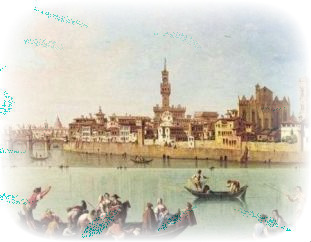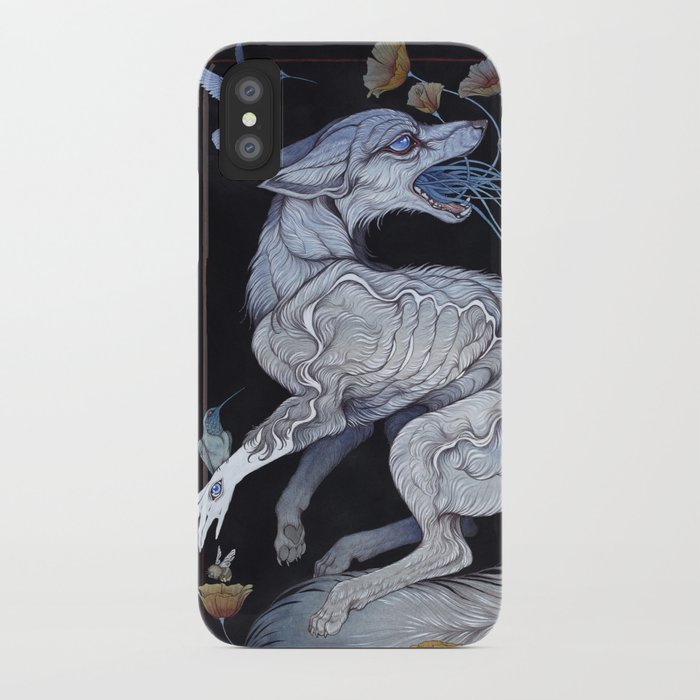


|
|||||||||
|
|
 |
fox & poppies iphone caseSKU: EN-E10277
fox & poppies iphone caseThe camp known as the Jungle, an overcrowded jumble of tents and makeshift shelters built on shifting sand. After years of people coming here to try to hop a truck or train through the Channel Tunnel, the Calais countryside is practically a militarized zone. Banks of fences, topped with razor wire, cut across the scenery. Police officers patrol bridges and train stations. Turning into a side road, we show our press ID to gendarmes standing in the sun. As we wait for them to look over our documents, Stephen asks an officer how the Jungle looks today. "It's OK," he answers, his face unreadable, The Jungle is not OK, Sheets of tarpaulin and pieces of wood prop up makeshift tents and shelters, lines of clothes stretched between them, Burnt bushes and the blackened skeletons of tents are a reminder of a fire that swept through the Jungle recently, It's quiet during the day, but we see some young men sitting in battered beach chairs in fox & poppies iphone case front of their ramshackle tents, like a camping trip at the end of the world, Around the edges of the camp, men loiter with phones, It's the same scene you see on any town square or station platform, people pacing aimlessly as they chat or standing engrossed in their screen.. Bordering the edge of the camp is a strip of sand a few hundred yards wide leading up to a high bank topped with fences. Orange-jacketed workers walk between two layers of fencing, unspooling hoops of razor wire. Armed police officers walk with them, eyeing us balefully as Stephen climbs the bank to take photographs. CNET's Stephen Shankland under the towering fences that loom over the Jungle and much of the Calais countryside. On the other side of the fencing is the road that leads to the Channel Tunnel. Trucks rumble by and seagulls wheel overhead, tantalizing reminders of how close we are to the water, to Britain, to a new life. The layers of white fences make the trucks look ghostly and unreal. One young man tells us in decent English about his journey from Afghanistan, where he says the Taliban prevented him from going to school, His name is Kamil Shamal, He wants to teach, he says, or be a businessman, Shamal has a phone, a simple Samsung, but no one to call, His parents are gone, he says, and he doesn't know the whereabouts of his fox & poppies iphone case brother, who set out on the same journey, or a cousin who reached the UK, Shamal is alone, Shamal is the first of many to tell us about refugees' nightly clashes with the French police, about violence and tear gas, He's also the first of several to hitch up his trousers and show us an injured leg, the consequence of falling from a lorry.. Although we hear many of these things again and again, he says one thing we wouldn't hear again: "The UK -- it is too difficult to cross. I want to stay here in France."Astonishingly, every single other refugee we speak to would rather brave the fences and razor wire, the danger of falling from lorries, the gas and batons of the police, night after night, to reach the UK, than stay in France. "France no good," we hear from an Iranian refugee. "French police no good."One refugee, Abdul, who did not give his surname, even says he would rather go back to war-torn Syria than stay in France. "The Jungle is the same as ISIS," he says, shrugging.
|
|
|
|
||
| Site Map |

